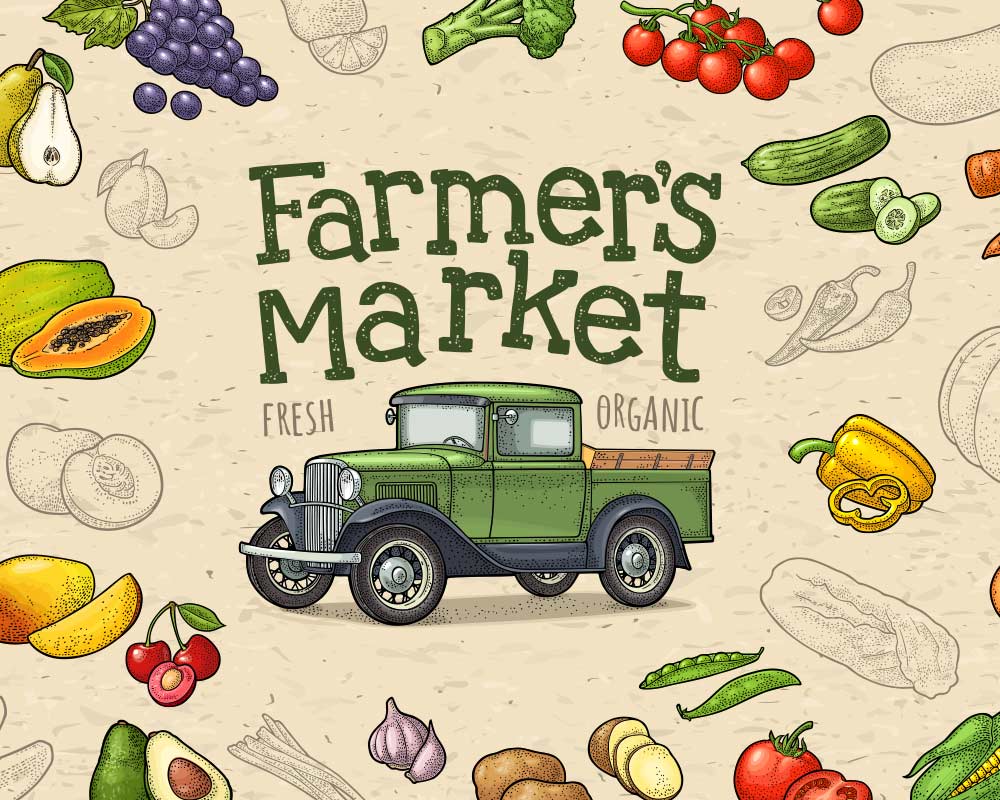Think you’re an expert on farmers markets? Take our quiz and find out!




Time's up
Our region’s got the beat with plenty of musical history ...
Are you familiar with these holiday traditions and characters from ...
Our website uses cookies to improve your experience. Learn more about: cookie policy